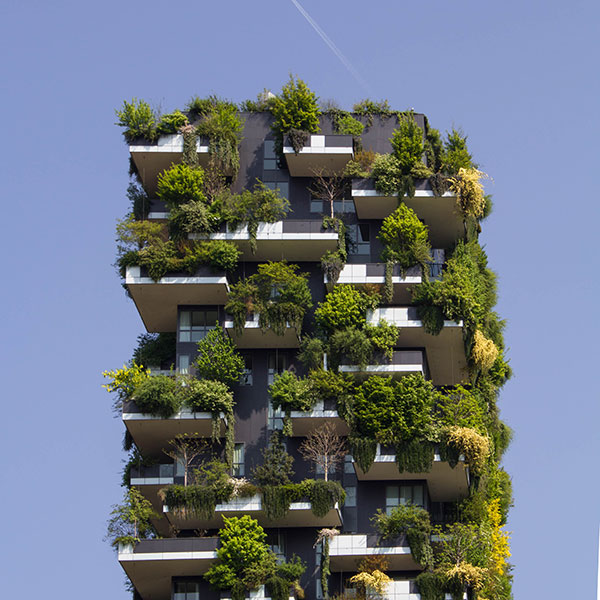COTE DESIGN LECTURE SERIES
Brought to you by the Committee on the Environment (COTE), this annual series is designed to bring relevant and worthwhile information to architects in the triangle. Each year, a topic is chosen based on the interest of the community as well as current events. We choose speakers who are experts on the subject, and curate the information to have the most impact on our design and our careers.
2020

GETTING TO NET ZERO
The AIA 2030 Challenge is a very difficult challenge! This lecture series will be an opportunity to develop a greater understanding of how architects can begin to tackle the challenge of getting to net-zero operational carbon by 2030 and net-zero embodied carbon by 2050.The speakers will share how their work is rooted in a metric-based process that allows them to design sustainable high-performance projects leading them to the goal of getting their projects to net zero.
The three-part lecture series will look first at the role of building science in the design process and examine tools and software that are being used by firms to track performance metrics. The second lecture will examine the importance of reducing both operational and embodied carbon and how architects are leading owners through an integrated design process to lower the carbon footprints of their buildings. The third lecture will focus primarily on strategies to reduce embodied carbon through building materials.

LECTURE 1: BUILDING SCIENCE TOOLS IN THE DESIGN PROCESS
Held on Tuesday, October 13
Speakers: Andrea Love (Payette) | John Nichols (Moseley) | Brian Turner (Clark Nexsen) | Will Alphin (Redesign)
Design firms have changed significantly in the last decade to be more focused on sustainable high-performance design which has led to the development of building science groups, performance specialists, and sustainable / integrative design groups that focus on improving building performance and reducing the operational carbon. This session will focus on the role of building science in the design process and examine tools and software that are being used by firms to track performance metrics. It will also offer a window into how local small, medium and large firms are approaching the same challenge.

LECTURE 2: INTEGRATIVE DESIGN: TRACKING OPERATIONAL AND EMBODIED CARBON
Held on Tuesday, October 20
Speakers: Anne Schopf, FAIA (Mahlum) | Ale Menchaca, PhD. (Thornton Tomasetti)
We’ve come a long way in learning how to design high performance buildings with low operational carbon emissions. Our next challenge is to build buildings with the lowest embodied carbon possible. Sometimes aligned and sometimes at odds, this session will provide an overview of how to lead a high-performance integrative design process, establish high performance goals, track energy and sustainable design goals, and achieve a low emissions building by evaluating opportunities and tradeoffs for reducing operational and embodied carbon.

LECTURE 3: REDUCING EMBODIED CARBON THROUGH MATERIAL SPECIFICATIONS AND MASS TIMBER STRUCTURES
Held on Tuesday, October 27
Speakers: Anne Hicks Harney, FAIA, LEED Fellow (Long Green Specs) | Bruce Lindsey (Woodworks)
In order for architects to have the greatest impact on climate change over the next 10 years, how we specify building materials and design our structural systems to lower embodied carbon will be as important if not more than lowering operational carbon. This session will focus primarily on design strategies to reduce a building’s embodied carbon through the specification of building materials. The lecture will show best practices for building specifications of interior and exterior materials and how to specify products that have EPD’s and are healthy and low in embodied carbon. The lecture will also reveal the importance of the design of the structural system for reducing the embodied carbon with an emphasis on how to design and specify mass timber systems.




